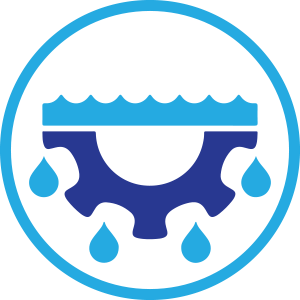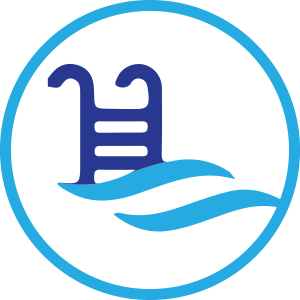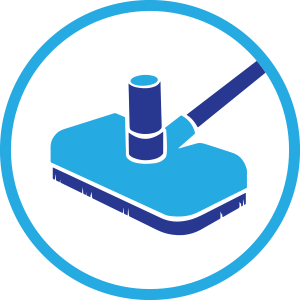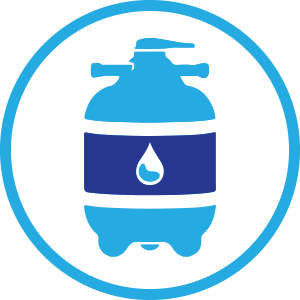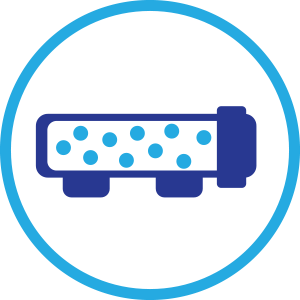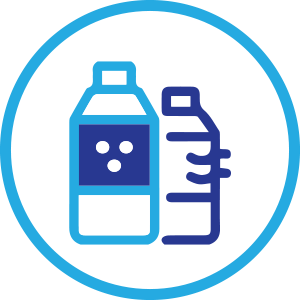Pool Information Sheets
Click on one of the titles below to view the full article.
Amoebic MeningitisBackwashing Your Filter
Chemical Safety Tips
Green Pool Treatment
Maintaining Your Pump and Filter
Pool Terms
Pool Tips And Tricks
Salt Chlorinators
Seasonal Care - Swimming Season
Seasonal Care - Autumn & Winter
Seasonal Care - Spring Clean
Spa Maintenance
Water Balance
Water Testing
Water Balance
| Water Balance | Fibreglass | Concrete/Liner |
| Chlorine | 2 - 3 | 2 - 3 |
| Ph | 7.2 - 7.6 | 7.2 - 7.6 |
| Alkalinity | 120ppm | 120 - 150ppm |
| Stabiliser | 40 - 70ppm | 40 - 70ppm |
The chlorine level should be tested daily. Too little chlorine allows harmful bacteria to form, and may be fatal to swimmers.
Do not swim until sufficient chlorine is present.
Superchlorinate weekly.
Incorrect PH means the water is either Acidic (low) which causes the chlorine to be used more quickly and corrosion to occur, or Alkaline (high) causing chlorine to work more slowly, scale to form and possibly cloudy water, this is also corrosive. To increase PH use Dry Alkali or Soda Ash, or to decrease add Dry Acid or Hydrochloric Acid.
Total Alkalinity - measures the alkaline minerals and prevents PH fluctuation. To increase add PH Buffer. To decrease add Dry Acid or Hydrochloric Acid. Low alkalinity is corrosive.
Stabiliser - acts as a sunscreen to slow loss of Chlorine from sunlight. To increase add Stabiliser. Good quality Stabiliser can be dissolved and added directly to the pool - but cheaper Stabiliser may need to be placed in a filter sock and hung over pool returns. Cheap brands can be very slow to dissolve, so if put directly into the pool it can be wasted or discolour the pool floor. Do not put into skimmer box or filter.
Iron & copper - too much may stain your pool. Regular use of Clarifier will help to keep levels down.
Salt levels - in salt pools must be kept above the minimum required level - most have a minimum of 7000ppm - low salt levels will damage the salt cell and eventually it will burn out. Running on low salt levels will also nullify any warranty you may have on your chlorinator or cell. Excessive salt will have the same result and can damage the salt cell.
Phosphates - are food for algae - levels should be nil. If Phosphate is present you need to add Starver which eliminates Phosphates in your pool water.
It is a good idea to have the water tested regularly at the Pool Shop to test for salt, stabiliser, phosphates & alkalinity as these usually cannot be tested on a domestic test kit. Water testing should be carried out all year round, not just in summer.
We offer Free Water Testing all year round - just ask for a free sample bottle. We also offer free advice and information about the maintenance of your pool and equipment.


